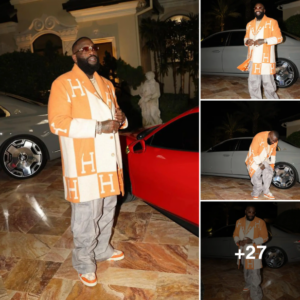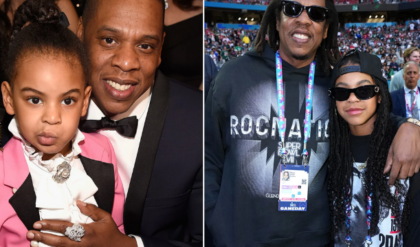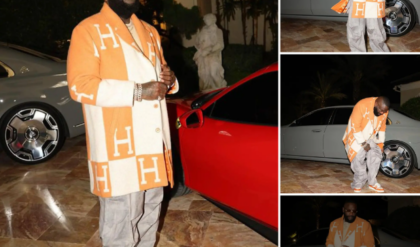The fight for equal prize money in tennis has gained a powerful ally in the form of Roger Federer. Following Serena Williams’ recent call for action, Federer has echoed her sentiment, urging for equal pay across both the men’s and women’s game.

While Grand Slam tournaments currently offer equal prize money for male and female champions, this equality isn’t reflected throughout the tennis calendar. Tournaments run by the Association of Tennis Professionals (ATP) and Women’s Tennis Association (WTA) often maintain a disparity in prize money awarded to male and female players.

Federer expressed his firm belief that women deserve equal pay across both the WTA tour and beyond. He acknowledged that the popularity of the men’s and women’s game may fluctuate, but stressed that “we should always help each other as players regardless of who’s more popular at the moment.”
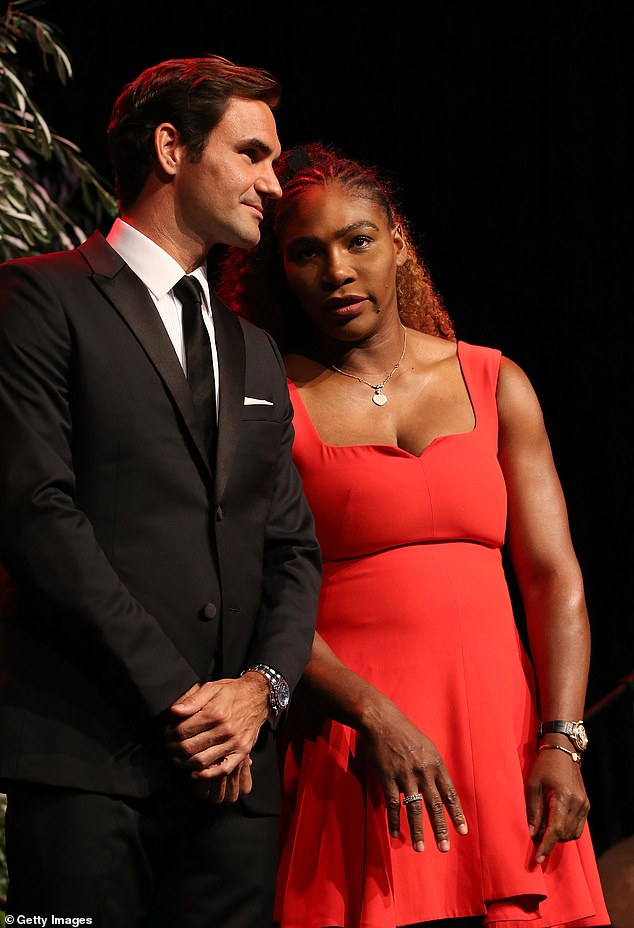
Last week, Williams emphasized the need for “uncomfortable” conversations to bridge the pay gap. She highlighted instances where women receive significantly less than their male counterparts at certain tournaments. “For change to really be made, men and women have to work together, they have to have the same message, they have to support each other,” Williams stated.
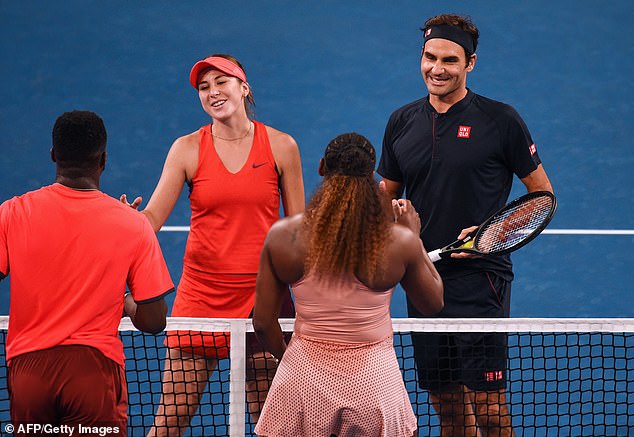
Federer’s support for Williams strengthens their collective voice advocating for change. They understand that garnering widespread support is crucial. “As many people as we can get to support us, that’s what it’s going to take,” Federer declared. “We still are fighting for equal prize money at all events across the board. I think that’s something that we’re going to continue to do, continue to fight for.”
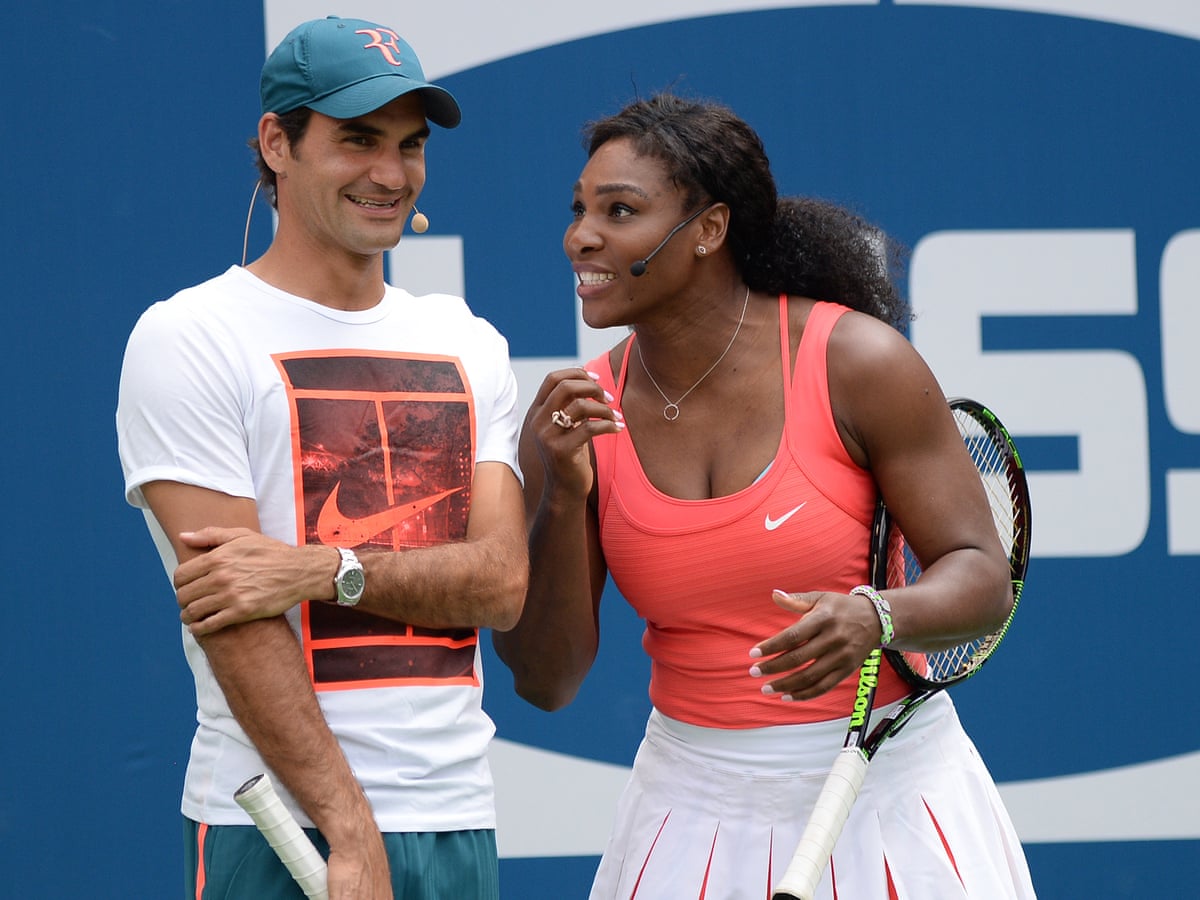
However, not all players share the same unwavering view on the issue. World number two Rafael Nadal presented a more nuanced perspective. Nadal believes that the amount of prize money should be determined by ticket sales, arguing that “if they [women] sell more tickets, they deserve to earn more than us.” He emphasized that gender shouldn’t be the determining factor, but rather the overall contribution to a tournament’s success. Nadal’s stance highlights the complexity of the issue, with some arguing for equal pay as a matter of principle regardless of popularity, while others believe pay should reflect commercial appeal.
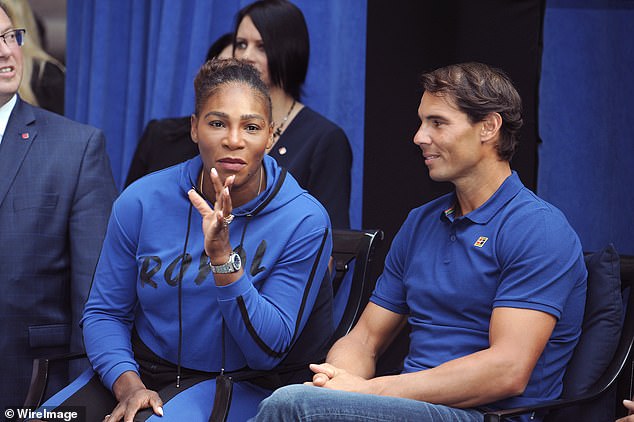
Nadal also avoided taking a stance on a potential merger of the ATP and WTA tours, suggesting that tournament organizers are better equipped to address such a proposition. He expressed his reluctance to discuss gender issues further, citing the potential for controversy in today’s social climate.

The debate surrounding equal prize money in tennis promises to continue. With iconic figures like Federer and Williams leading the charge for equality, the pressure on governing bodies to address this disparity will undoubtedly intensify. Whether the solution lies in a strictly equal pay structure or a more performance-based system remains to be seen. However, the voices of these tennis titans have ensured that the conversation will remain firmly at the forefront of the sport.
News
Behind the success of Rap King Eminem’s first recordings, making fans admire
Behind the success of Rap King Eminem’s first recordings, making fans admire Eminem stands as one of the most commercially triumphant rap artists in history, boasting a staggering 220 million records sold worldwide. His ascent from destitution and anonymity to…
Rick Ross owns a collection of iconic blue supercars that remind him of his late father ‘He always wanted to own a blue classic’
This vintage blue supercar holds a special place in Rick Ross’s heart because it evokes memories of his childhood, particularly the moments he spent with his father. The vintage blue supercar undergoes a transformation that transcends its utilitarian purpose, assuming…
Rick Ross bought a trendy colored Rolls-Royce Cullinan supercar with customized accessories for $1M on the occasion of his 48th birthday
In a grand celebration of his 48th birthday, hip-hop mogul Rick Ross has once again proven that he knows how to make a statement, as he recently splurged on a breathtakingly unique Rolls-Royce Cullinan supercar, complete with personalized accessories. The…
Rick Ross granted his mother’s wish by owning a private plane to fly her around the world
In a heartwarming gesture, hip-hop magnate Rick Ross has made his mother’s dreams take flight by gifting her a private plane, allowing her to traverse the globe in unparalleled comfort and style. The larger-than-life rapper, known for his extravagant lifestyle,…
Rick Ross knows his son loves to explore the ocean and has a dream of being a ‘sealogist’ so he rents a submarine for $650K/hour to support him. ‘I want you to pursue your passion’
Rick Ross, the celebrated rapper and entrepreneur, recently made headlines with a remarkable gesture of support for his son’s dreams. Knowing his son’s love for exploring the ocean and aspiring to become a “sealogist,” Ross spared no expense in renting…
Bored of the warm weather, Rick Ross flies a private plane to the North Pole for 7 days so he can wear fur coats, drink hоt chocolate, ski and meet polar bears
Rick Ross, the larger-than-life hip-hop mogul known for his lavish lifestyle, has once again made headlines with his latest escapade: a private plane trip to the North Pole. Tired of the sweltering heat, Ross embarked on a seven-day adventure to…
End of content
No more pages to load


